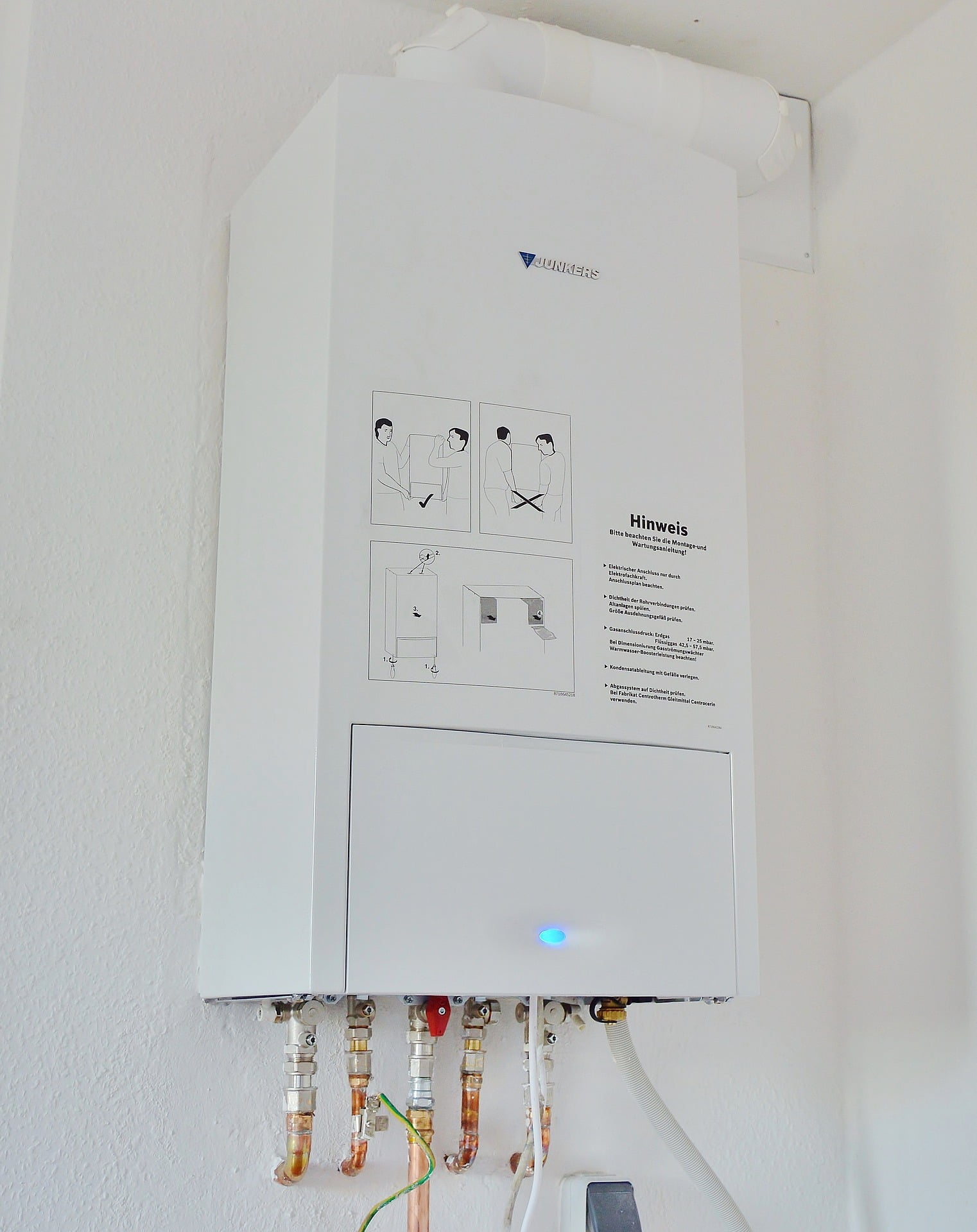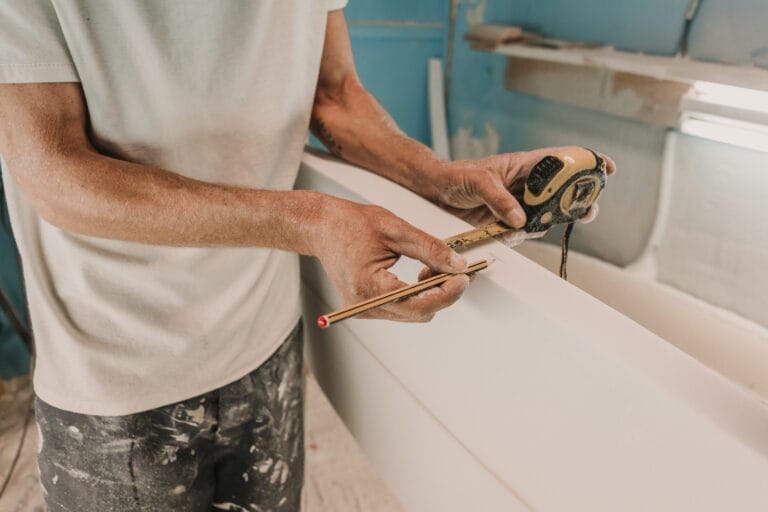A water heater is a vital part of your home. Without it, you wouldn’t have hot water for showers, washing dishes, washing clothes, and more. In other words, you need a working appliance that will provide you with the water you need for daily activities. However, like all appliances, water heaters have a certain amount of lifespan.
When you need to replace your water heater after it’s reached its lifespan, your plumber may have two options for you to consider: a traditional water heater or a tankless water heater. Both are viable options, but one may be more beneficial than the other, depending on your family’s needs. Learn more about these types of water heaters so you and your plumber can decide if a traditional or tankless water heater is the best choice for your home.
Traditional water heaters have pros and cons.
If you’re thinking about replacing your current water heater with a new traditional heater, then there are some pros and cons you’ll want to consider before buying one. Some of these include:
- Traditional heaters are not as energy-efficient. If you opt for one of these, you may end up paying more on your utility bills. Tankless water heaters are much more efficient, as they heat water on demand instead of storing water in a tank that keeps the water inside constantly warm. You can use this energy cost calculator from the Office of Energy Efficiency and Renewable Energy to determine the approximate costs of your water heater.
- Traditional heaters are typically not as expensive as tankless. Deciding to buy a conventional water heater over a tankless water heater may come down to a price point decision for you. Tankless heaters cost more, so a traditional one may be more budget-friendly when considering the upfront costs.
- These can end up leaking. Another con of a conventional one is that they may end up leaking. Sometimes, that leak can go undetected for a bit, especially if it’s located in your garage or another area of your home that you don’t typically visit. That can lead to water damage, which can be costly to repair, and the development of mold as well.
Learn about the features of tankless water heaters.
Some people decide to go with tankless heaters because they tend to provide energy savings. These heaters also have a longer life expectancy than conventional heaters. Tankless will typically last about 20 years, while conventional heaters will last for 15 years at most. They also heat the water up when you need it, which means you won’t run out of hot water after everyone in your house has showered in the morning. Tankless heaters take up less space than a traditional tank-style water heater, which is a great perk, especially for smaller homes.
However, there are some cons of tankless water heaters. For example, if you have a larger home, you may find yourself needing more than one to meet all of your hot water needs. They also can only provide enough hot water at a time for one person to use it, so if you have multiple people in your home needing to shower at the same time, it may not be the best choice for you and your family.
If you’re still uncertain about which type of water heater to use in your house, then speak with your trusted plumber or technician. They will likely have some valuable guidance for you and help you determine which type is a good idea for you, your family, and your home. Also, they can help with any water heater installation needs and ensure it’s properly installed.






